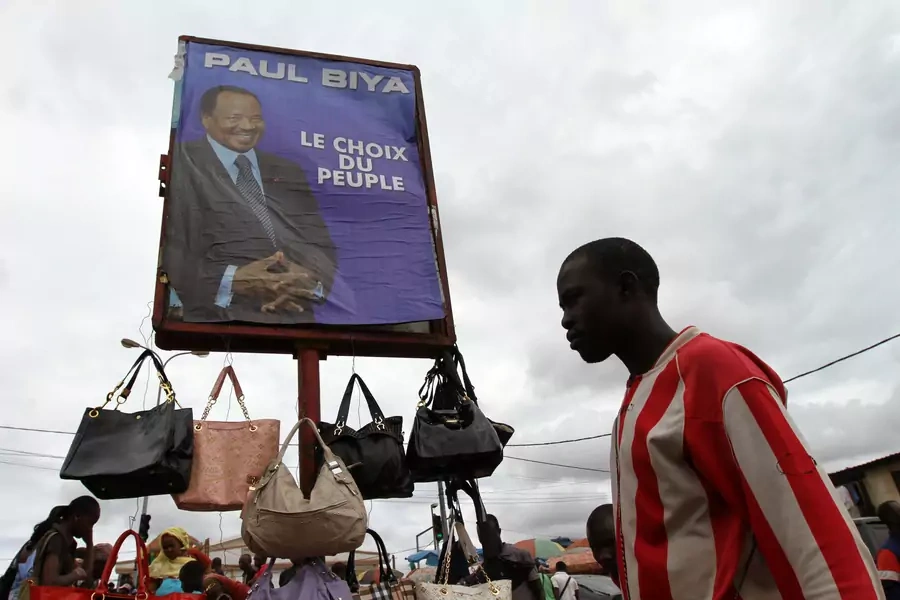Cameroon’s Failure of Politics

Cameroon is a country in crisis. Longstanding tensions between the center and periphery have morphed into brutal conflicts, with government forces confronting Boko Haram in the north and Anglophone separatists in the west. Over one hundred eighty thousand people have been displaced. The horrific evidence of extrajudicial killings by security forces that emerged in recent weeks has underscored the severity of the country’s troubles. But this fall’s election will likely produce more of the same.
Paul Biya, who has served as Cameroon’s president for thirty-six years, is the odds-on favorite to win yet another term of office in elections slated for this October. Typically a vote for an incumbent is a vote to stay the course. But do Cameroonians, over 60 percent of whom are under the age of twenty-five, believe that their country is headed in the right direction?
More on:
By some indicators, Cameroon is faring well. Economic growth has generally been strong despite a slowdown in the past couple of years, and reported unemployment is admirably low, especially compared to neighboring states. But many still live in poverty, and the country ranks among the twenty-five worst in the world on Transparency International’s Corruption Perception Index. The disconnect between narratives of stability and progress and those of desperation and disenfranchisement is profound.
Unlike many long-serving leaders, Biya is not an omnipresent part of Cameroonians’ day-to-day realities. Criticized as an “absentee” president because of his frequent and long sojourns abroad, Biya operates at a figurative and often literal remove from his constituents. His cabinet rarely meets, and his stated reason for seeking yet another seven years in office is simply that the people’s “overwhelming calls” have demanded he do so. A bold new approach to address what ails the country seems unlikely to be forthcoming. Yet the country’s opposition is fractured and often feckless—some twenty-eight candidates have filed to contest the presidential election, and another twenty signed on to support Biya’s candidacy.
The very systems of democratic representation and accountability, of debate and coalition-building, that should be working to reconcile the country seem hopelessly broken. Perhaps it is no surprise that some are reaching for radical solutions like secession. Cameroon seems to be experiencing not just an absence of effective leadership, but a total failure of politics.
More on:
 Online Store
Online Store